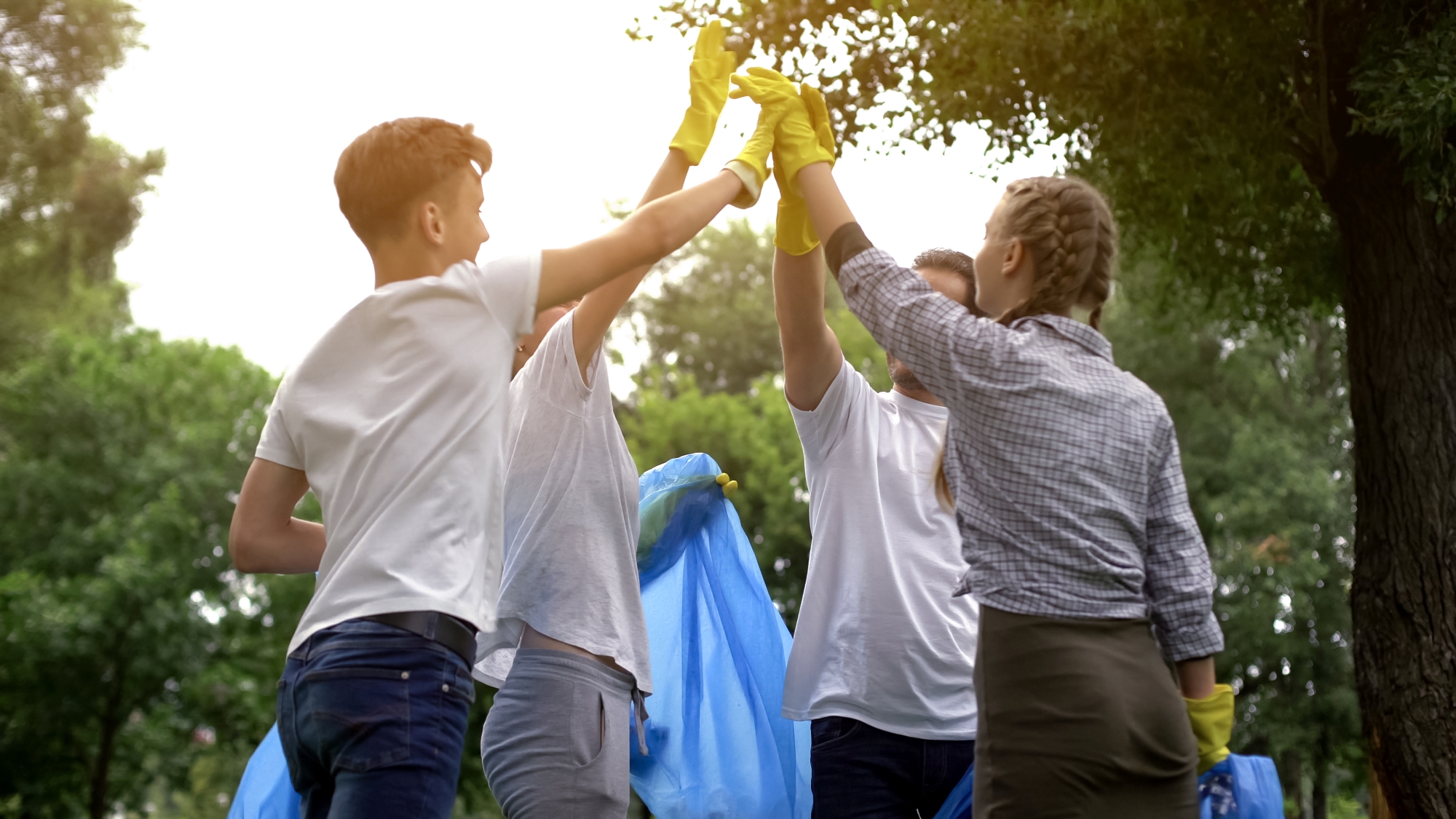When people give their time for free, it’s not just charities, schools, and other organisations that benefit – volunteers do too. Let’s hear it for the power of volunteering.
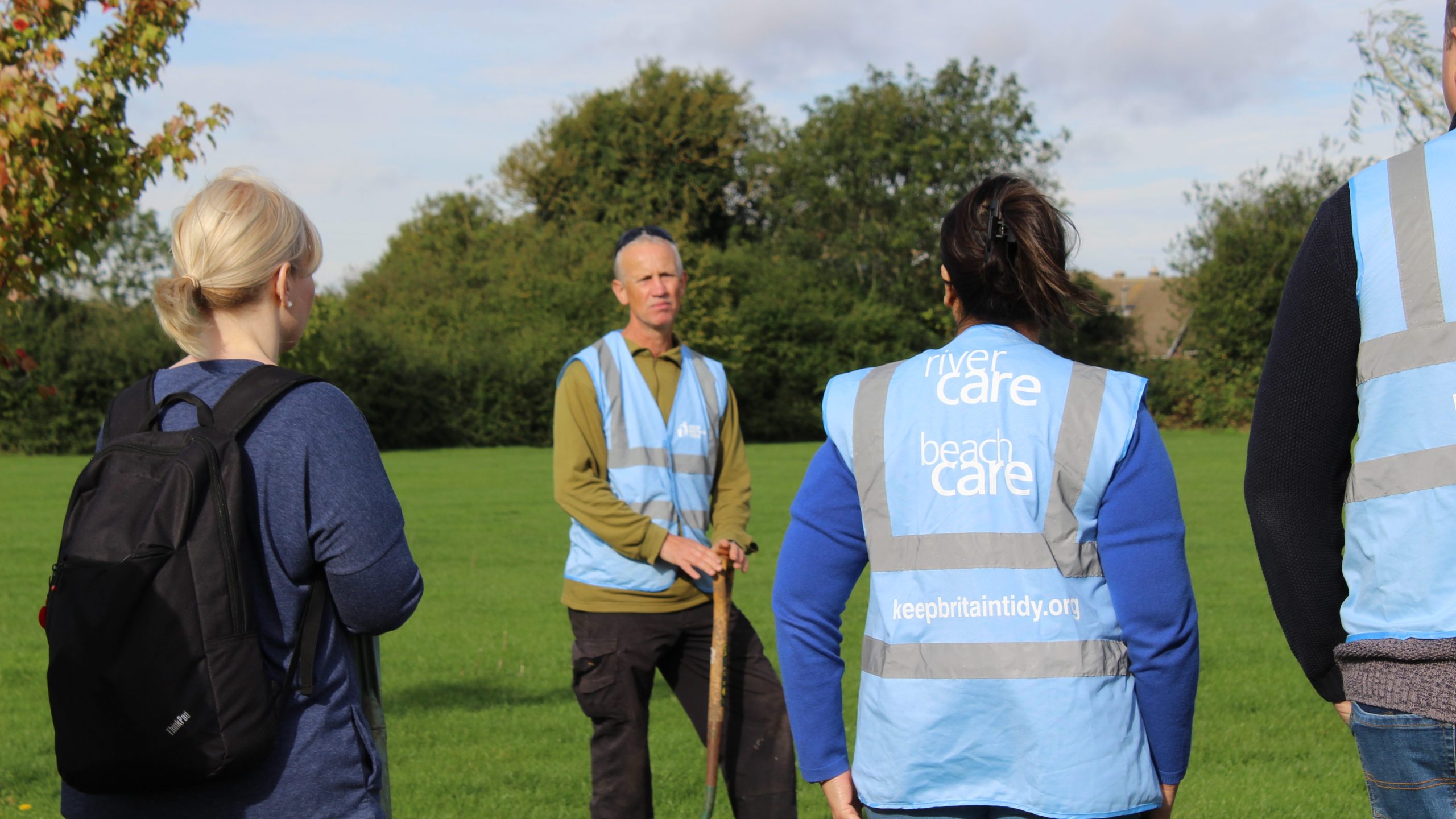
This week is Volunteers’ Week – an annual UK-wide campaign to celebrate and recognise the contributions of volunteers. And to mark it, we’re shining a light on the people who give their time, labour, and skills freely.
Volunteers are the driving force of countless activities and initiatives making a positive impact in communities across the UK. In 2021–22, an estimated 14.2 million people volunteered to support a club, group, or organisation: from museums to food banks, the Olympic games to citizen science projects.
For many organisations, the support of volunteers is vital to their ongoing success, allowing them to deliver activities and benefits to their communities. But it’s not just the communities that benefit. The positive benefits of volunteering are also felt by those who volunteer their time and skills – especially younger people.
These benefits are highlighted in research completed by NCVO (the National Council for Voluntary Organisations), who published key findings under three categories:
Social
Around 9 in 10 volunteers say that they have met new people while volunteering, making friends and getting the opportunity to connect with people who they might not otherwise engage with. The NVCO found that for young people, aged between 18 and 34, are the most likely to say that volunteering helped them to feel less isolated.
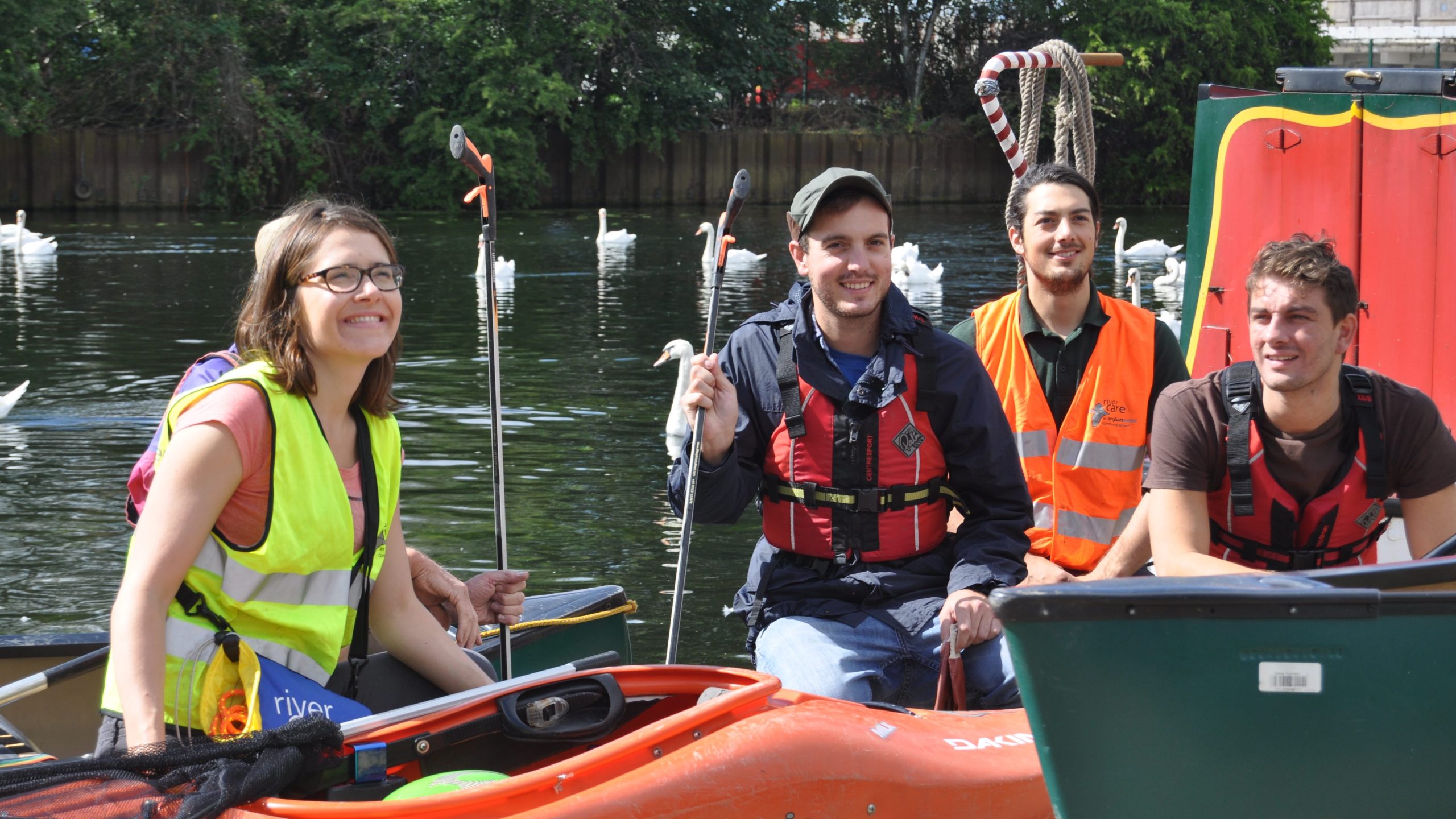
Volunteering on projects at school can help young people improve their social confidence and connection to their peers, while nurturing a volunteering spirit which can be carried into later life.
Employment
Young people see the biggest employment benefits from volunteering. It provides a simple way to gain practical work experience, develop transferable skills, and gain references which can be used when applying for further education or employment.
Physical & Mental Health and Wellbeing
Overall, volunteers report better physical health than those who do not regularly take part in volunteering activities. Many volunteering opportunities involve a level of physical activity, often in an outdoor environment, which has many benefits to physical health.
Popular environmental volunteering opportunities, such as gardening or litter picking, help to get everyone more physically active while doing good for the natural world.
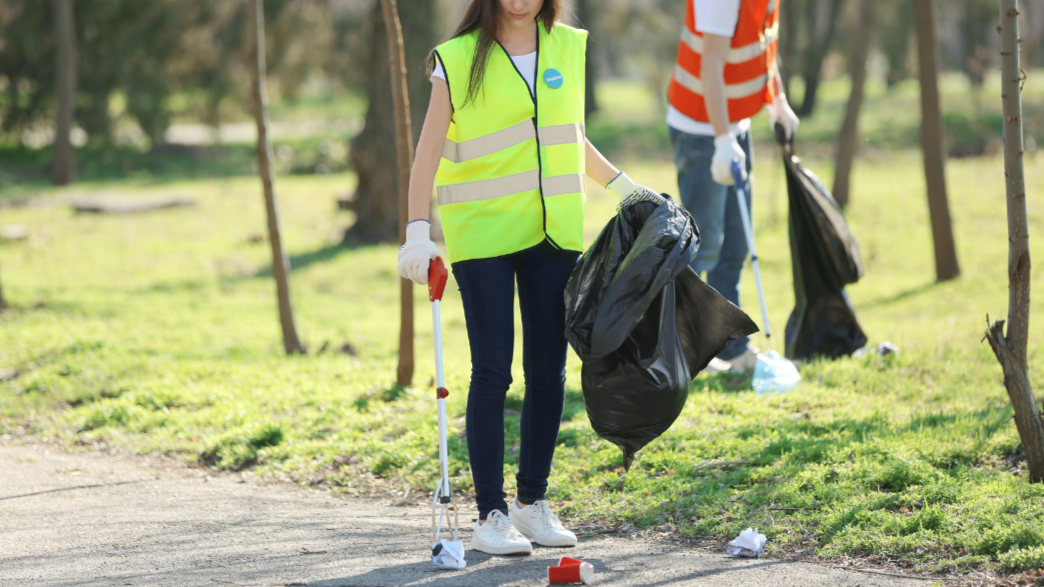
Taking time to volunteer can have an impressive positive impact on feelings of wellbeing, too, with many volunteering opportunities meeting all five ways to wellbeing, as defined by the New Economics Foundation: Connecting, Getting Active, Taking Notice, Learning, and Giving. Data from the NCVO shows that over 77% of volunteers report improvements to their mental health and feelings of wellbeing.
With many young people around the world reporting experiences of climate anxiety, making use of voluntary opportunities which have a positive environmental impact is a fantastic way to combat these feelings of despair and hopelessness.
#PowerofYouthDay
Today, we’re also celebrating Power of Youth Day, run by the I Will movement as part of Volunteers Week 2025 to highlight the important role young people across the UK play as volunteers in their local communities.
The I Will movement aims to make Youth Social Action something everyone can take part in, empowering young people to volunteer on projects of all sizes.
This year, the theme is ‘We See Your Power’, and here at Climate Education, we’re already seeing the power young people have as change makers in their school by joining their Eco Clubs and supporting the implementation of school action plans.
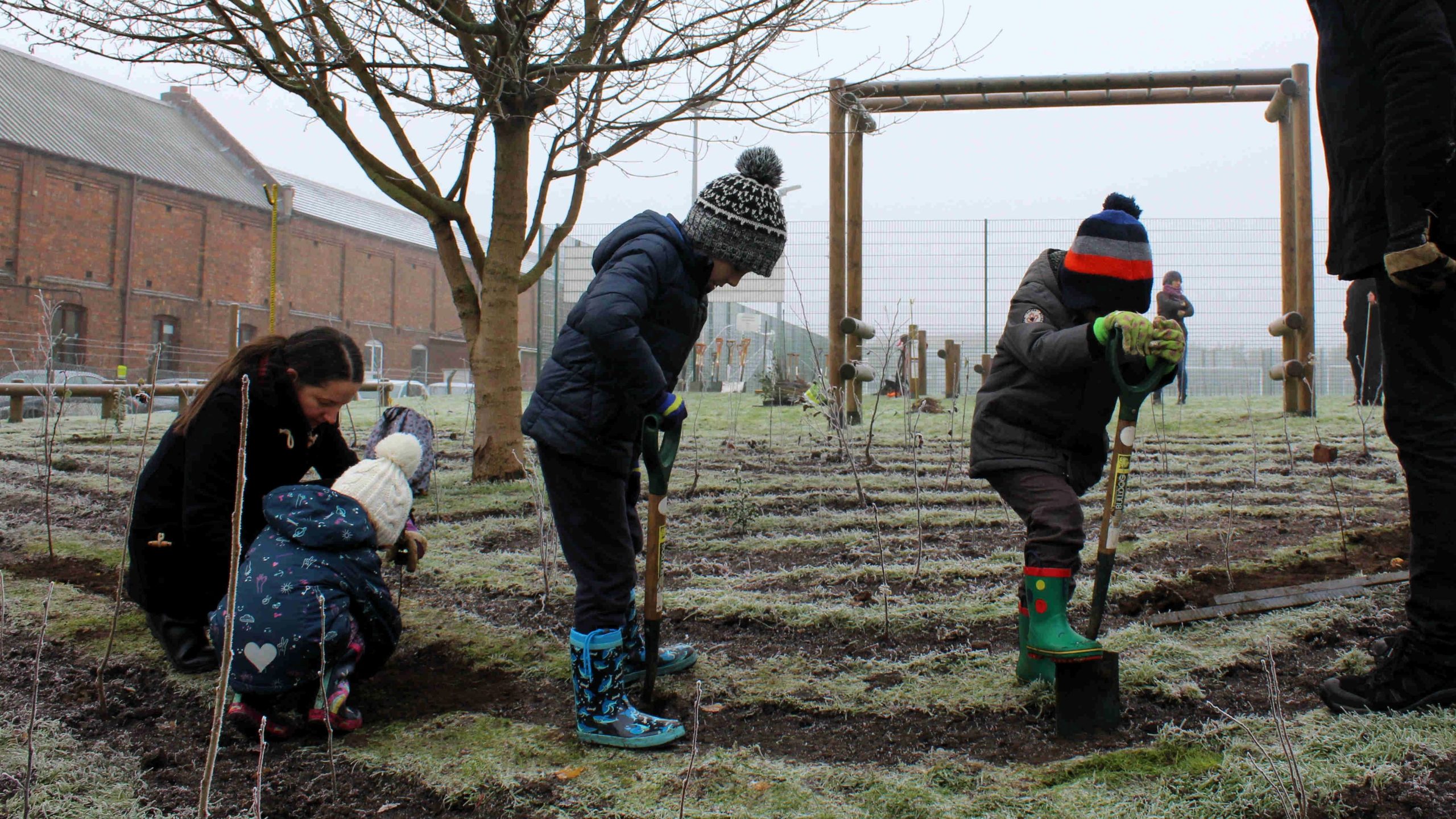
Joining an Eco Club can help students start their volunteering journey by giving them the opportunity to volunteer during the school day while supporting sustainability projects and directing meaningful change within school. The Climate Education members dashboard provides tools and resources to support student volunteering in all aspects of the school Climate Action Plan.
You can widen the impact of in school volunteering by supporting important citizen science projects, even without leaving the school grounds, and help to deepen our understanding of our world.
Why not take part in biodiversity surveys, such as the Big Garden Birdwatch or Big Butterfly Count? Help NASA identify clouds on Mars! Or help calculate the carbon impact of tree planting by mapping trees with Treezilla.
Litter picking is another, accessible, way to volunteer to support your local community, make use of our Litter Picking Risk Assessment to run a safe event in your local area.
Members have access to the full Schools Guide to Litter Picking, which covers a range of pre and post event activities.

